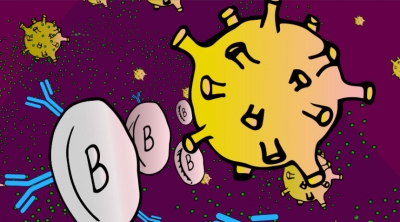
The immune system can go wrong when harmless substances that we swallow, breathe in, or touch are targeted by our body’s defences. This overreaction is called an allergy. The severity of allergies varies from person to person and can range from minor irritation to anaphylaxis — a potentially life-threatening emergency. While most allergies can’t be cured, treatments can help relieve your allergy symptoms.
Allergens
Substances that trigger an allergic reaction are called allergens. An allergen is a substance that can cause an allergic reaction. In some people, the immune system recognizes allergens as foreign or dangerous. As a result, the immune system reacts by making a type of antibody called IgE to defend against the allergen. This reaction leads to allergy symptoms. Common allergens include nuts, pollen from flowers, and animal fur.
Automatic response
Common allergic reactions are sneezing, coughing, or red, itchy skin. Reactions are sometimes severe enough to cause breathing problems and be life-threatening. Some types of allergies, including allergies to foods and insect stings, can trigger a severe reaction known as anaphylaxis. A life-threatening medical emergency, anaphylaxis can cause you to go into shock.
The best way to manage an allergy is to avoid the allergen, but this is not always possible. In these cases, medical treatment can help.
Picture Credit : Google

